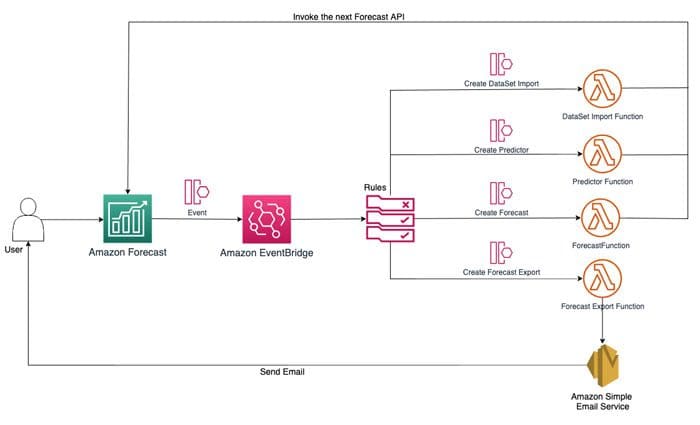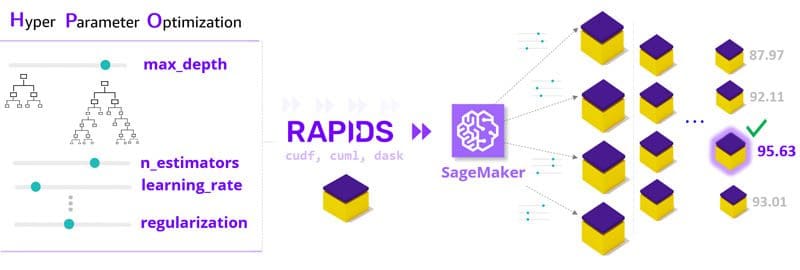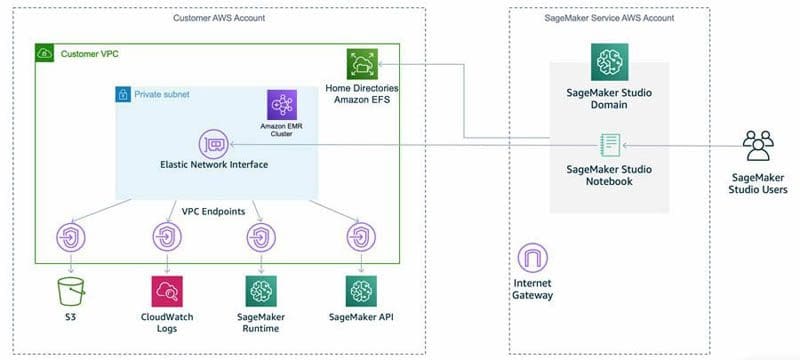Favorite You can now enable notifications for workflow status changes while using Amazon Forecast, allowing you to work seamlessly without the disruption of having to check if a particular workflow has completed. Additionally, you can now automate workflows through the notifications to increase work efficiency. Forecast uses machine learning (ML)
Read More
 Shared by AWS Machine Learning March 23, 2021
Shared by AWS Machine Learning March 23, 2021
Favorite In our JournalismAI report, journalists around the world told researchers they are eager to collaborate and explore the benefits of AI, especially as it applies to newsgathering, production and distribution. To facilitate their collaboration, the Google News Initiative and Polis – the journalism think tank at the London School
Read More
 Shared by Google AI Technology March 23, 2021
Shared by Google AI Technology March 23, 2021
Favorite When Nithya Sambasivan was finishing her undergraduate degree in engineering, she felt slightly unsatisfied. “I wanted to know, ‘how will the technology I build impact people?’” she says. Luckily, she would soon discover the field of Human Computer Interaction (HCI) and pursue her graduate degrees. She completed her master’s
Read More
 Shared by Google AI Technology March 22, 2021
Shared by Google AI Technology March 22, 2021
Favorite I often argue that safety management is a good analogy to knowledge management. Here are 5 things KM can learn from safety. Image from wikipedia Safety management and knowledge management are close analogues. Both are management systems focused on intangibles and on behaviours. The main difference is that introducing
Read More
 Shared by Nick Milton March 22, 2021
Shared by Nick Milton March 22, 2021
Favorite In this post, we combine the powers of NVIDIA RAPIDS and Amazon SageMaker to accelerate hyperparameter optimization (HPO). HPO runs many training jobs on your dataset using different settings to find the best-performing model configuration. HPO helps data scientists reach top performance, and is applied when models go into
Read More
 Shared by AWS Machine Learning March 20, 2021
Shared by AWS Machine Learning March 20, 2021
Favorite One of the most exciting AWS re:Invent 2020 announcements was a new Amazon SageMaker feature, purpose built to help detect bias in machine learning (ML) models and explain model predictions: Amazon SageMaker Clarify. In today’s world where predictions are made by ML algorithms at scale, it’s increasingly important for
Read More
 Shared by AWS Machine Learning March 19, 2021
Shared by AWS Machine Learning March 19, 2021
Favorite The National Football League (NFL) is America’s most popular sports league. Founded in 1920, the NFL developed the model for the successful modern sports league and is committed to advancing progress in the diagnosis, prevention, and treatment of sports-related injuries. Health and safety efforts include support for independent medical
Read More
 Shared by AWS Machine Learning March 19, 2021
Shared by AWS Machine Learning March 19, 2021
Favorite The latest in my continuing series of KM value stories. This one comes from this interview with Balaji Iyer; head of KM for Grant Thornton INDUS. Balaji states that “KM has positively impacted both the top line and bottom line for the firm. Just a conservative estimate of the value
Read More
 Shared by Nick Milton March 19, 2021
Shared by Nick Milton March 19, 2021
Favorite Amazon SageMaker Studio is the first fully integrated development environment (IDE) for machine learning (ML). With a single click, data scientists and developers can quickly spin up Studio notebooks to explore datasets and build models. You can now use Studio notebooks to securely connect to Amazon EMR clusters and
Read More
 Shared by AWS Machine Learning March 18, 2021
Shared by AWS Machine Learning March 18, 2021
Favorite Computer vision is a field of artificial intelligence (AI) that is gaining in popularity and interest largely due to increased access to affordable cloud-based training compute, more performant algorithms, and optimizations for scalable model deployment and inference. However, despite these advances in individual AI and machine learning (ML) domains,
Read More
 Shared by AWS Machine Learning March 18, 2021
Shared by AWS Machine Learning March 18, 2021

![]() Shared by AWS Machine Learning March 23, 2021
Shared by AWS Machine Learning March 23, 2021






